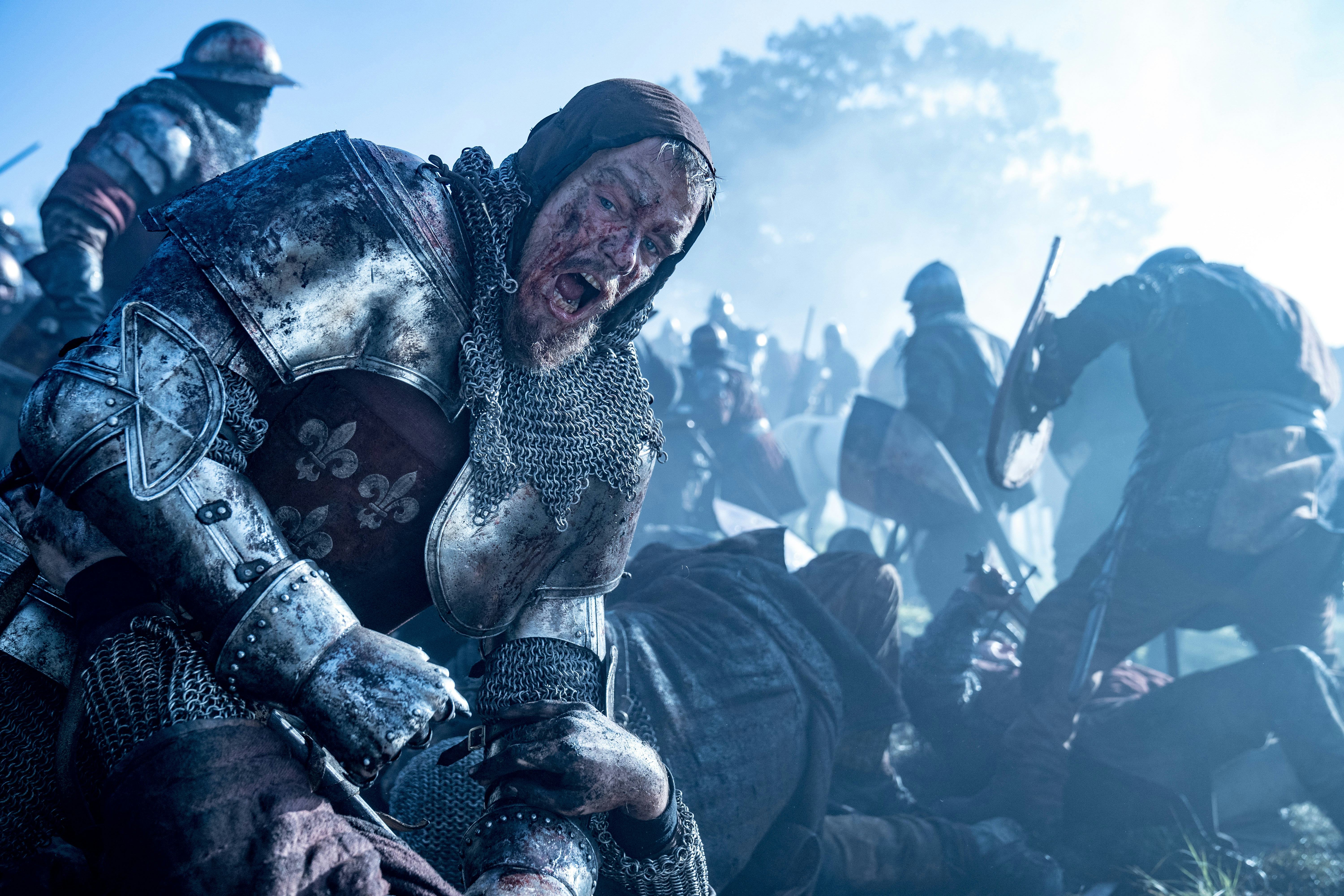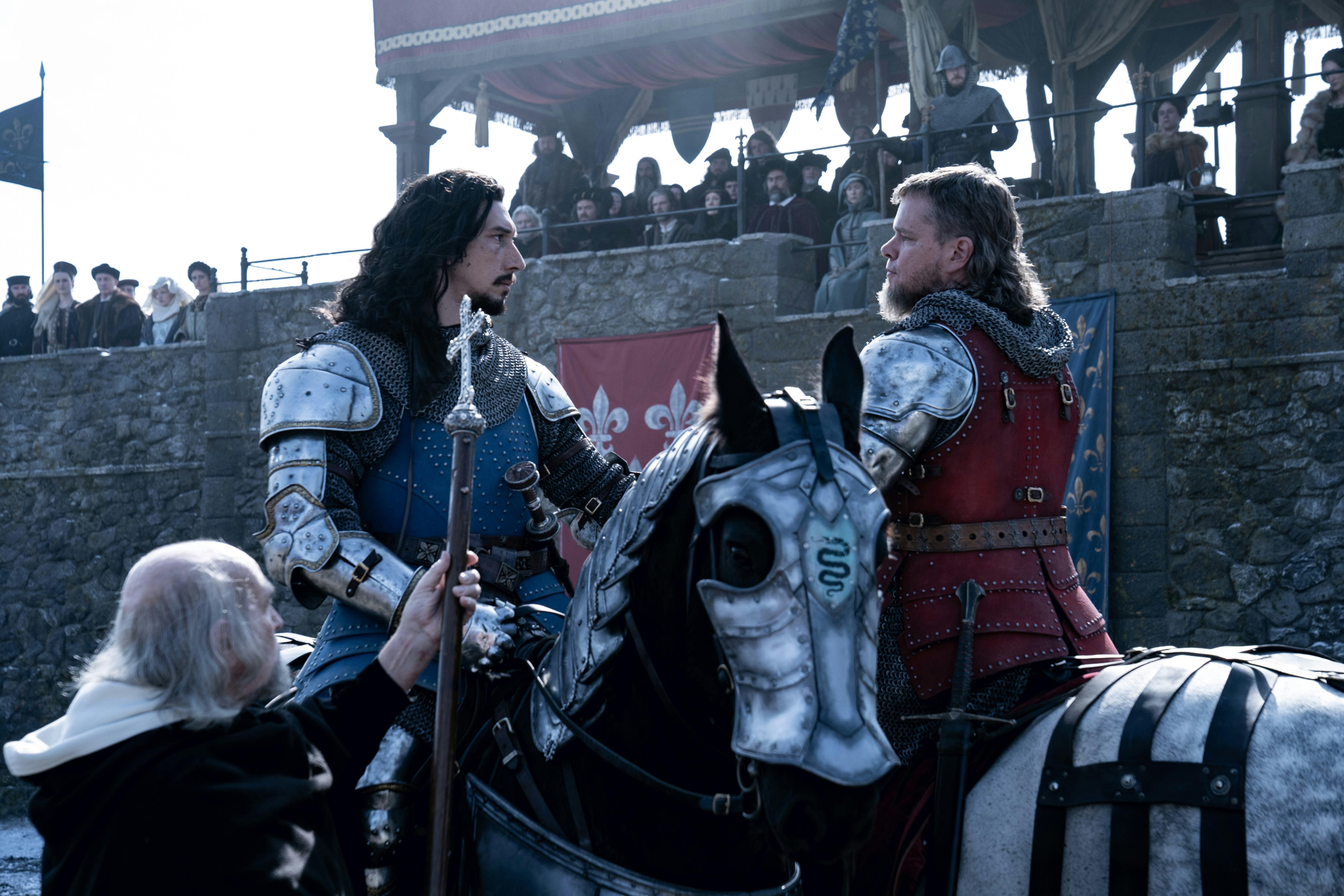
Few directors out there can capture cruelty on-screen quite like Ridley Scott. His best films are always blunt-force shocks to the system, as muscular and visceral as they are unforgiving. But Scott’s affinity for violence is just one small part of the fire that fuels The Last Duel, a medieval epic that injects chilling nihilism into a proto-feminist tale.
The 2021 film is easily one of Scott’s best: as carefully plotted as it is aggressive. But it’s also, for some reason, one of the director’s most underrated. When it premiered at the Venice Film Festival, it caught some flack for centering its two male stars instead of its parallels to the #MeToo movement. As the stars in question were Matt Damon and Ben Affleck, who also co-wrote the script alongside Nicole Holofcener, that sort of scene-stealing might just come with the territory.
But their contributions to The Last Duel don’t make the film’s message any less profound. Like Scott’s blistering direction, they’re just a part of what makes this such a singular film. Not everyone got that message three years ago — but with The Last Duel finding a new home on Hulu, it gets another chance.
The Last Duel is, without a doubt, a feminist epic — but those themes are also filtered through a lens that might appeal more to Scott’s target audience. That it’s told from a majority-male point-of-view may be a deterrent for some, but Scott and his collaborators are under no illusions of whose story this truly is. The Last Duel takes a page from Rashomon in adapting the true tale of Marguerite de Carrouges (Jodie Comer), a French noblewoman who accused a squire of rape. Her perspective informs the last chapter of a triptych: we first get one side of the story from Marguerite’s husband Jean de Carrouges (Damon), then her assailant, Jacques le Gris (Adam Driver), before Marguerite herself. While this narrative is seemingly dominated by men, Marguerite remains the most important part of it. She gets the last word here, though we have to wade through a whole lot of machismo to hear it.
The film unfolds almost like a true crime, albeit one set in the thick of the Hundred Years’ War. That it spends so much time exploring the inner worlds of its male protagonists — breaking down their standing in French society, their insecurities, and their rivalries — is a necessary bit of worldbuilding. Their perspectives inform the story’s eponymous duel and, ultimately, Marguerite’s part in it. Though she’s the only one directly affected by Jacques’ assault, medieval French society never viewed rape as a crime against a woman, but against her male guardian. She’s only able to accuse Jacques of rape through her husband, and it’s only through trial by combat that she can get any sense of retribution.

The stakes of this judicial trial also couldn’t be higher. If Jean wins the duel, his victory proves that Marguerite was telling the truth. If he’s killed or if he surrenders, it marks her guilty; ditto if he somehow survives the fight, which would end in his hanging and Marguerite being burned alive. Jean isn’t just fighting for her honor — in fact, he probably isn’t fighting for her at all. He’s fighting to preserve his reputation, to gain glory and favor, and to strike down his most persistent rival. It’s a decidedly depressing way to frame this tale of justice — but by telling this story first through Jean’s eyes, we understand why he would risk his life in such a gruesome fashion.
The Last Duel isn’t the kind of film you’d throw on if you’re looking for an easy watch, but it does contain a story worth watching. Bone-crunching battle scenes bookend quieter sequences of courtly scheming, and each member of the cast makes a meal out of whatever they have. Damon’s in great form here, savoring a rare opportunity to play an utterly unlikable lout. Driver, meanwhile, straddles the line between sleazeball and Arthurian crusader — and Affleck is likewise relishing his role as the mischievous French count.
Ultimately, though, The Last Duel always comes back to Comer’s Marguerite. Though she’s an unsung hero in more ways than one, Comer’s performance is downright haunting. She makes this quasi-revenge tale worth it in the end: though its feminist themes are fuzzy, The Last Duel is suitably vicious where it counts.







